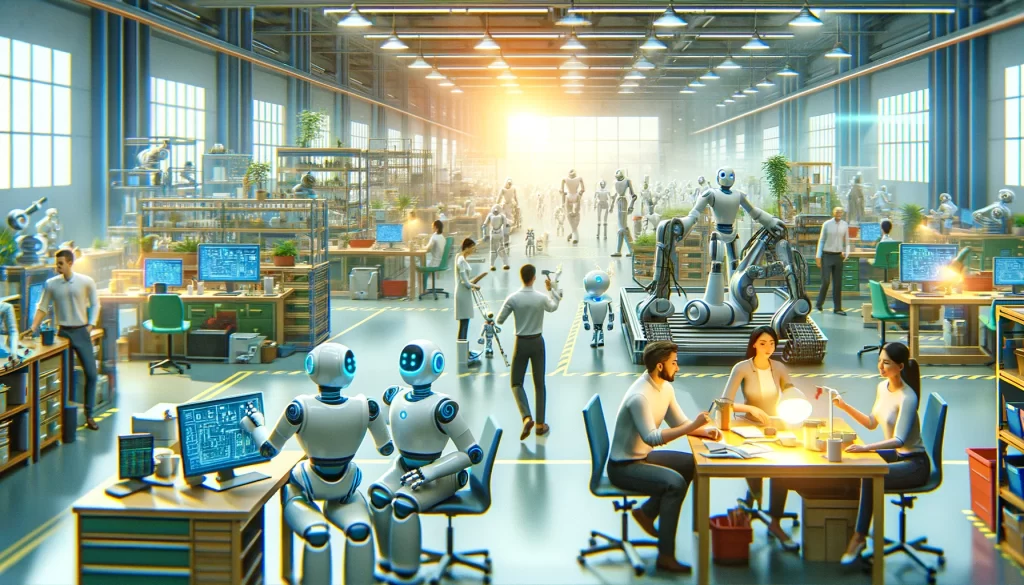As companies like UPS and SAP announce job restructuring and AI initiatives, it’s clear that artificial intelligence is reshaping the workforce. However, true productivity gains require a blend of AI, business process reengineering, and change management.
The AI Paradigm Shift in Business
The recent announcement by UPS to cut thousands of jobs as part of its “Fit to Serve” initiative underscores a trend towards “new ways of working,” a euphemism for increased efficiency through technology. Similarly, SAP’s forecast of cloud revenue growth is shadowed by a $2 billion restructuring plan affecting 8,000 jobs, aimed at integrating AI skills into their workforce or offering voluntary redundancy programs. These moves by industry giants signal a shift towards leveraging AI for productivity, but they also highlight that AI alone isn’t a silver bullet.
Process Before Technology
A conversation with a Chief Supply Chain Officer at a leading CPG company revealed a paradox: despite productivity improvements from AI, scheduling issues persisted. The solution wasn’t just more technology but a re-evaluation of business processes. By examining workflows and integrating systems, companies can streamline operations and fully harness AI’s potential.
Change Management: The Key to Unlocking AI’s Potential
AI offers vast opportunities for enhancing supply chain productivity. Tools like GenAI can accelerate onboarding and training, while future enterprise applications promise intuitive interfaces akin to a Google search bar. However, the success of AI adoption depends on effective change management. Essential elements include C-level executive sponsorship, cross-functional governance, realistic metrics, and the willingness to endure short-term disruptions for long-term gains.
A Holistic Approach to Transformation
The transformation through AI is not just about technology implementation; it requires a comprehensive organizational commitment. This involves redesigning existing processes, investing in change management, and ensuring the workforce is part of the journey. Only through this holistic approach can companies achieve the productivity leaps they seek with AI.




